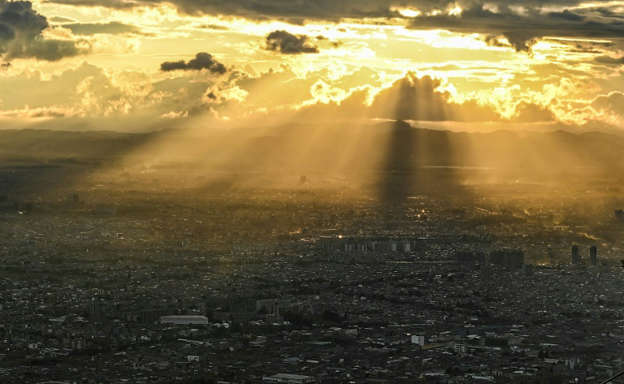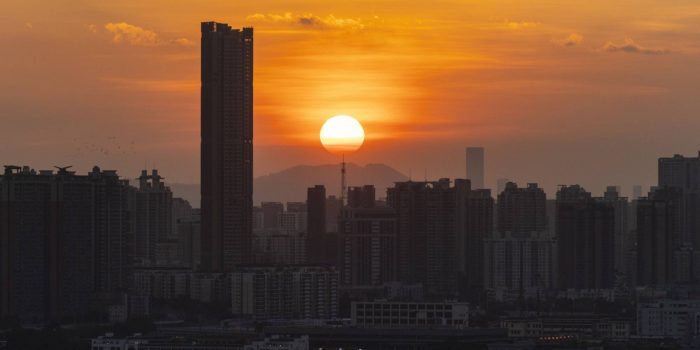Planetary-scale engineering projects aimed at cooling the Earth’s surface and mitigating the effects of global warming are harmful and should be avoided, according to more than 60 policy experts and scientists on Monday.
Even if the most challenging idea for so-called solar radiation modification (SRM), injecting billions of sulfur particles into the middle atmosphere, turned back a crucial fraction of the Sun’s rays as anticipated, the implications, they argued in an open letter, may outweigh any benefits.

“Solar geoengineering deployment cannot be governed globally in a fair, inclusive, and effective manner,” said the letter, supported by a commentary in the journal WIREs Climate Change.
“We, therefore, call for immediate political action from governments, the United Nations and other actors to prevent the normalization of solar geoengineering as a climate policy option.”
The magnitude, frequency, and duration of heatwaves, droughts, and mega-storms have already risen by 1.1 degrees Celsius above mid-nineteenth-century levels. Global governments have committed to restricting global warming to 1.5 degrees Celsius, but UN experts believe this limit will be breached within a decade.

Due to the failure to reduce greenhouse gas emissions, some governments are turning to solar geoengineering to buy time for a long-term solution.
The introduction of a large number of reflecting particles into the upper atmosphere can aid in cooling the planet. Nature can do the same thing: debris from the 1991 eruption of Mount Pinatubo in the Philippines lowered Earth’s average surface temperature for almost a year.

However, experts believe few reasons to resist such a course of action. Several studies have revealed that artificially lowering the Sun’s radiative force is likely to disrupt monsoon rains in South Asia and western Africa and wreak havoc on rain-fed crops that provide food for millions.
In its latest scientific assessment, the Intergovernmental Panel on Climate Change (IPCC) said that “Stratospheric sulfate injection weakens the African and Asian summer monsoons and causes dryness in the Amazon.”


